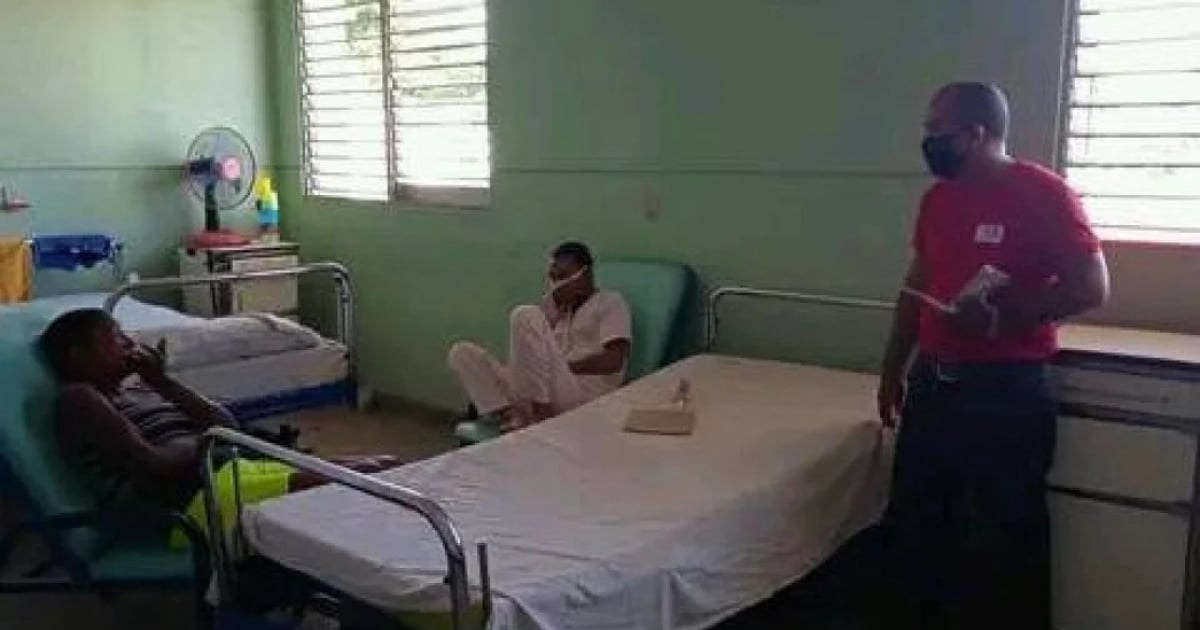
A Cuban woman reported on social media this Monday about the critical situation she is facing with her husband, who has been suffering from pharyngeal cancer for a year and has been receiving treatment at the María Curie Oncology Hospital in Camagüey in recent months.
Dolores Nieves shared in the Facebook group "Revolico Guáimaro" the daily challenges they face due to constant power outages, lack of water, and the government's indifference, a neglect that, she claims, severely impacts sick individuals, such as her husband.
Nieves explained that power outages lasting more than eight hours hinder the preparation of the special foods her husband needs due to his condition of dysphagia, which makes it difficult for him to swallow properly.
Additionally, he criticized the lack of response from local authorities, describing the abandonment and treatment of citizens as "criminal."
"It is unfair that we are treated like animals, deprived of rights, and that we have nowhere to turn for solutions," he stated.
In her complaint, she also criticized the Association of Combatants, of which her husband was a member, for "never having the decency to at least ask 'how is his health doing,'" she added.
Finally, the woman expressed her frustration with the system and stated that she will not participate in elections or constituency assemblies again, as she believes they do not provide real solutions to the problems they face.
In Cuba, individuals suffering from illnesses and their families must confront multiple challenges, ranging from a shortage of medications and a lack of medical personnel to poor hospital conditions, blackouts, rising food prices, and a widespread economic crisis.
In September, the father of the Cuban child Jorge Esteban Reina Llerena, who suffers from acute lymphoblastic leukemia, criticized the government for spreading his story through official media while distorting the facts.
Jorge Reina Pallarols shared a post on his Facebook profile, where he describes the attitude of the leaders towards all the efforts he has made to save his son's life as "disgusting."
Nevertheless, the Cuban regime insists on its belief that the U.S. embargo prevents it from importing necessary medical equipment and medications for cancer treatment, a justification that has been repeatedly challenged with data by the government of that country.
The vice prime minister, Inés María Chapman Waugh, was the one to reintroduce the narrative of the "blockade" as the cause of the lack of medical care for Cubans. She did not hesitate to blame the United States for the shortcomings of the Island's public health system, which has virtually collapsed due to the lack of investments from a regime that prioritizes the construction of hotels for international tourism over the wellbeing of its citizens.
Filed under: